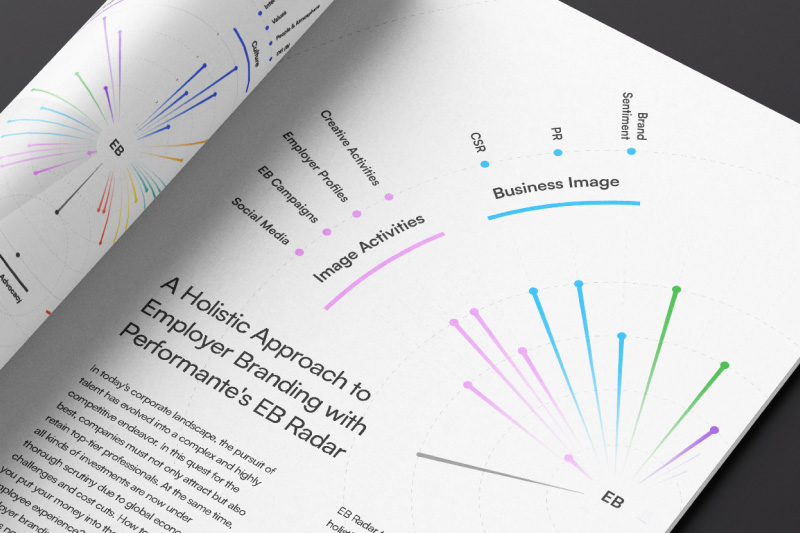Since 2020, a concept that many may already be tired of hearing has become a trend around the world: “the new normal.” Whether we like it or not, this phrase is here to stay. The health crisis caused by COVID-19 indeed forced us all to change habits in different contexts of our daily lives, forcing us to find new ways of working, interacting with the world, and meeting our needs.

The way people on all continents interact with their loved ones, colleagues, and customers had to change. Face-to-face meetings and events that were accompanied by some kind of physical contact migrated to virtual spaces, which allowed social interaction to be maintained, but now through a screen.
But what do all the activities that once seemed so common and that suddenly changed have in common? That all of them were still possible thanks to the digital world!
The transformation of commerce
The professional world did not come out intact while people’s lives were transformed. Unsurprisingly, the impact on people’s behavior, or in other words, the consumers’, forced companies to adapt to new demand models.
One of the most visible examples is how the new requirement to obtain necessities without leaving home pushed establishments to adapt their e-commerce and home delivery services. What was once simply an option of comfort had become an obligation for global security. And so, what for many companies was only a plan for the future, escalated to the top of the list of priorities and advanced by great strides to allow the survival of the business.
These companies that were already digitized also boosted their businesses through e-commerce, managing to increase their sales and thus increase their income during this health situation. According to the “Behavior of e-commerce in Colombia during 2020” report, carried out by the Colombian Chamber of Electronic Commerce, between April and July, online sales grew by 65.7%.
This is how a significant growth in transactions made through virtual channels was generated. Now, despite the gradual reopening of physical shops, the transition to digitalization is irreversible; the buying habits and behaviors of Colombian consumers simply changed.
Just like the previous examples, it is safe to say that companies from all sectors found themselves in the need to turn their business strategies and direct them towards digital models to maintain their position in the market. Every day, more and more users used their mobile devices and computers to access products and services due to the forced closure of commercial establishments.
So what were the main challenges that the digital transformation brought by COVID-19 for businesses?
- Timely decision-making: It is necessary to make decisions on time, even in the midst of the uncertainty of what the post-pandemic holds. According to an article by McKinsey Digital, more than 70% of programs fail largely because they have not made decisions on time. Companies should define who will lead the transformation efforts, where to position the company within the digital ecosystem, what to do to react quickly to market changes and customer demand, and how many funds to designate for this specific task.
- Disruptors in the digital transformation of organizations: Many companies in various sectors will be transformed by disruptors from an industry other than the one they are used to competing with and their validity in the market will depend, in large part, on how they respond and adapt to this fact. An example of this is the case of the banking sector and Rappi. The latter began to take advantage of the data collected from all its users, to take the business further. In this context, they launched RappiPay, a digital debit card that allows users to make various transactions inside and outside the platform, reaching 730,000 customers and 20 million transactions in the last year, according to Portafolio magazine, which led it to compete directly with the different banking entities in Colombia which simply did not expect such a strong competitor from a different industry. Organizations must be prepared to compete with these digital disruptors that come to revolutionize the market.
- Learning and change: The scenario of change is now normal and constant. Learning new things expands the comfort zone to stay current in the labor market and, considering that digital transformation has brought inevitable changes, it has become a necessity to adapt.
As we can see, the acceleration of this digital transformation has been representing important challenges for organizations, significantly affecting commerce and the way it must respond and adapt to the new needs of its consumers to remain current in the market.
But the impact of these new challenges not only reached the business models but also affected the organizational culture in a big way.

The impact on organizational culture
Along with the changes driven by COVID-19 for people in general and business models, came challenges that many companies were not prepared for. Those who did not have remote work implemented were suddenly forced to do it and adapt their models to having all of their employees working from their homes.
The “trust” factor became a determining role because organizations that did not have these models contemplated before the pandemic had to adopt a new remote work culture quickly and focus more on results and good time management by their employees. This transformation in the work culture was not easy for most, but it brought many positive surprises with it, as the true meaning of the sense of belonging, responsibility, and commitment on the part of the members of the companies was discovered.
According to the study “Penetration of Remote Work in Colombian Companies”, from 122 thousand remote workers that were reported in 2018, this figure has had a growth of more than 400% for the year 2021, which evidences the change in the organizational culture of companies.
The change in traditional work habits has also resulted in a shift in workers’ preferences. This is demonstrated by a study conducted by Citrix and OnePoll in 2021, which showed that 43% of Colombians express their desire to continue working from home or, at least, under a hybrid modality. Similarly, 68% of the companies would be willing to continue with this way of working.
It is indisputable that the pandemic caused by COVID-19 revolutionized people’s lives, which caused a change in business models, and in turn, generated a transition in the internal culture of most companies. But it is also true that we have proven that technology facilitates our adaptability to this type of disruptive process and this is how important opportunities are created. The emergence of new businesses, the opening to new markets, and the change in work habits are just a few examples of our ability to adapt to dynamic environments. These challenges we faced during the pandemic only showed that we are prepared for an increasingly digitized future.





